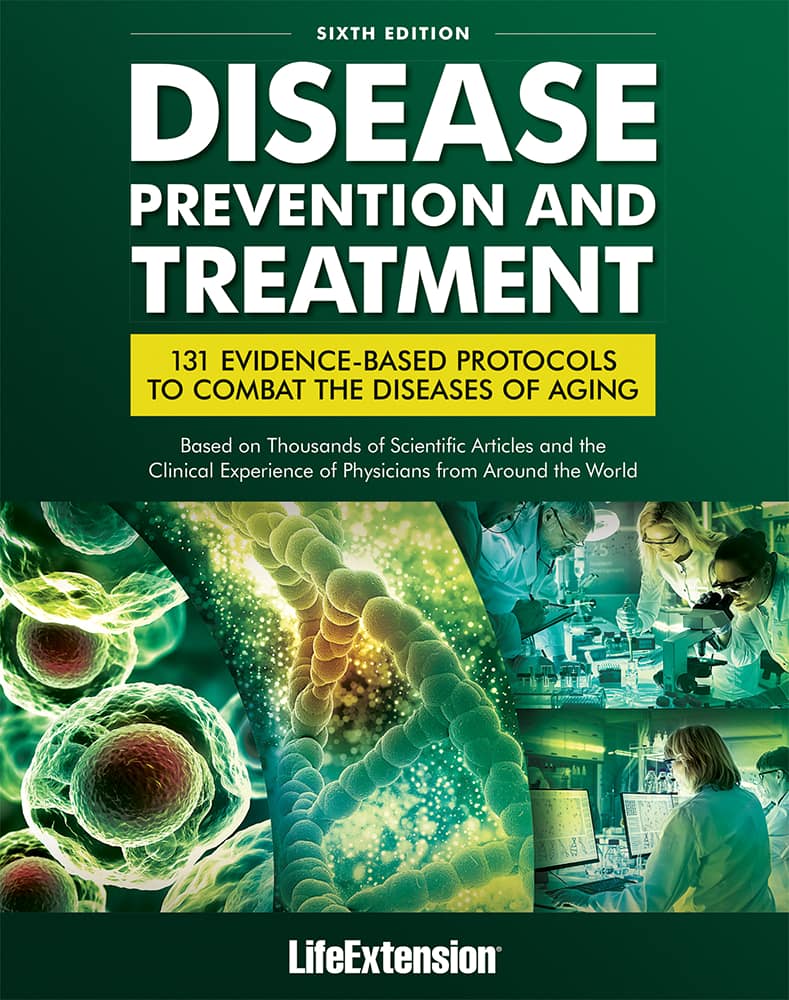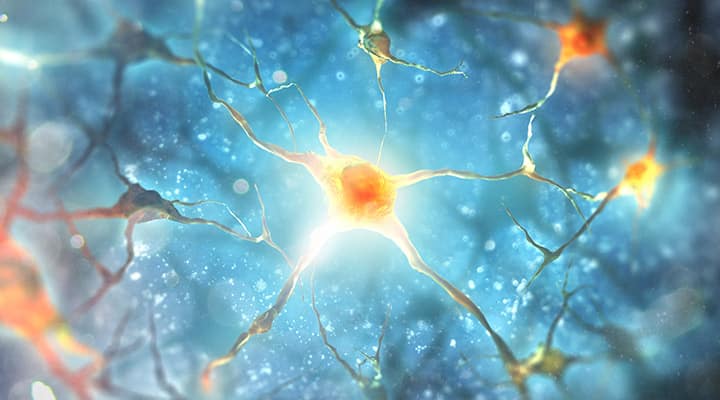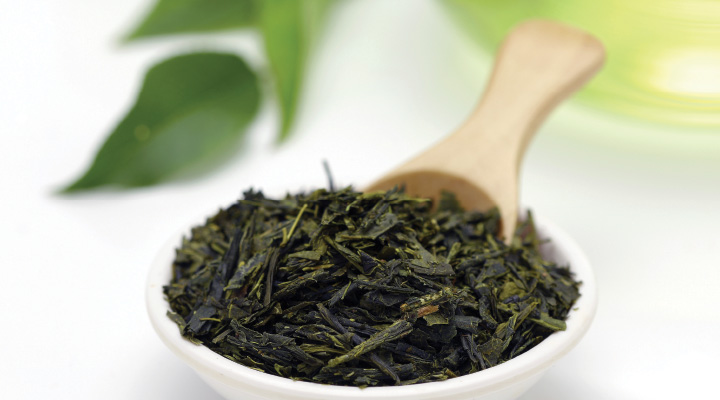- Science & Research
- Science News
- Newsletter
- 2016
- July 26

Newsletter
Newsletter
Life Extension-supported study published in Lancet Neurology finds green tea extract improves cognition in Down syndrome

Tuesday, July 26, 2016
New research published in Lancet Neurology and reported by CNN has found using a green tea extract (decaffeinated) in combination with cognitive training improves some measures of cognition and behavior in subjects with Down syndrome.1,2
Eighty-seven volunteers aged 16 to 34 with Down syndrome were enrolled in the phase 2, randomized, controlled trial. The study was conducted at the IMIM-Hospital del Mar Medical Research Institute in Barcelona, Spain.
Participants were randomly assigned to take the decaffeinated green tea extract or placebo for one year. All subjects also underwent cognitive training during the 12-month trial.
After one year of treatment, functional brain scans (fMRI) showed that epigallocatechin-3-gallate (EGCG)-treated subjects had improved neuronal connectivity in certain brain regions. Participants who took the green tea extract also scored significantly better on assessments of visual recognition memory, inhibitory control, and adaptive behavior compared with those who took the placebo.
"It's an important trial," says Dr. Steven Hirsh, Life Extension's Director of Clinical Research. "The findings are very noteworthy and support further study in randomized controlled trials with larger sample sizes and durations. It is very encouraging that this catechin, EGCG, from green tea extract, has the potential to benefit people with Down syndrome."
Down syndrome is a genetic condition that affects about 250,000 Americans.3 Individuals with Down syndrome have an extra full or partial copy of chromosome 21.4
The team of researchers, led by Drs. Rafael de la Torre and Mara Dierssen, proposed that EGCG might have conferred these benefits by inhibiting an enzyme called DYRK1A, which has been implicated in Down syndrome and neurodegenerative conditions including Alzheimer disease.5-8
The level of DYRK1A-positive cells is elevated in certain regions of Alzheimer disease patients' brains, and is roughly 20-fold higher in the frontal cortex, compared to normal brains. DYRK1A is implicated in the formation of neurofibrillary tangles (via tau hyperphosphorylation) and amyloid plaques, both of which are features of Alzheimer disease.5,8-11
Tea catechins may also modulate the damaging effects of amyloid-beta. Several animal studies have found that EGCG and related compounds from tea suppress amyloid-beta-induced cognitive dysfunction and neurotoxicity.12-14 Other possible mechanisms by which EGCG may influence cognition include epigenetic regulation, restoration of mitochondrial function, and anti-oxidative functions.1
In an earlier pilot study supported by Life Extension, Drs. de la Torre and Dierssen's team showed that three months of EGCG treatment improved symptoms in individuals with Down syndrome, and in mice with a Down-syndrome-like condition characterized by overexpression of DYRK1A.15
"We are excited that the benefits observed in the early pilot and preclinical research extended to this larger trial," says Luke G. Huber, ND, MBA, Vice President of Product Innovation and Scientific Development at Life Extension. "This new research adds to the growing body of evidence that suggests compounds in green tea, such as EGCG, may support cognitive health."
In acknowledging the novelty of their findings and calling for more research, the Spanish research team noted that "…this study is the first well-powered trial that shows improvement in adaptive behavior (functional academics) and brain-related changes in young adults with Down's syndrome. However, more research is needed to clarify the nature of the beneficial association between the EGCG and cognitive training intervention (i.e., synergistic or additive)."
References:
1. Lancet Neurol. 2016;15(8):801-810.
2. CNN U.S. Edition. http://www.cnn.com/2016/06/16/health/green-tea-health-brain-down-syndrome/. Last updated 6/20/2016. Accessed 7/1/2016.
3. CDC. Centers for Disease Control and Prevention. http://www.cdc.gov/ncbddd/birthdefects/features/key-findings-down-syndrome-prevalence.html. Last updated 2/29/2016. Accessed 7/18/2016.
4. NDSS. http://www.ndss.org/Down-Syndrome/What-Is-Down-Syndrome/ . Accessed 6/8/2016.
5. Future Med Chem. 2016;8(6):681-696.
6. J Mol Neurosci. 2015;55(2):318-323.
7. CNS & Neurological Disorders Drug Targets. 2014;13(1):26-33.
8. FEBS J. 2011;278(2):236-245.
9. J Neurochem. 2004;89(6):1313-1317.
10. Expert Rev Neurother. 2007;7(11):1527-1533.
11. Curr Drug Targets. 2006;7(11):1421-1434.
12. Free Radic Biol Med. 2009;47(11):1601-1610.
13. Brain Res. 2008;1214:177-187.
14. J Nutr Biochem. 2008;19(9):619-626.
15. Mol Nutr Food Res. 2014;58(2):278-288.
Latest Products
 |
|
|||||||||||||||||
|
||||||||||||||||||
 |
|
|||||||||||||||||
|
||||||||||||||||||
What's Hot
Health Concern
Life Extension Clinical Research
New Supplement Guide!
The latest news on aging, nutrition, and vitamins
Lab
Testing
How Life Extension lab testing works








